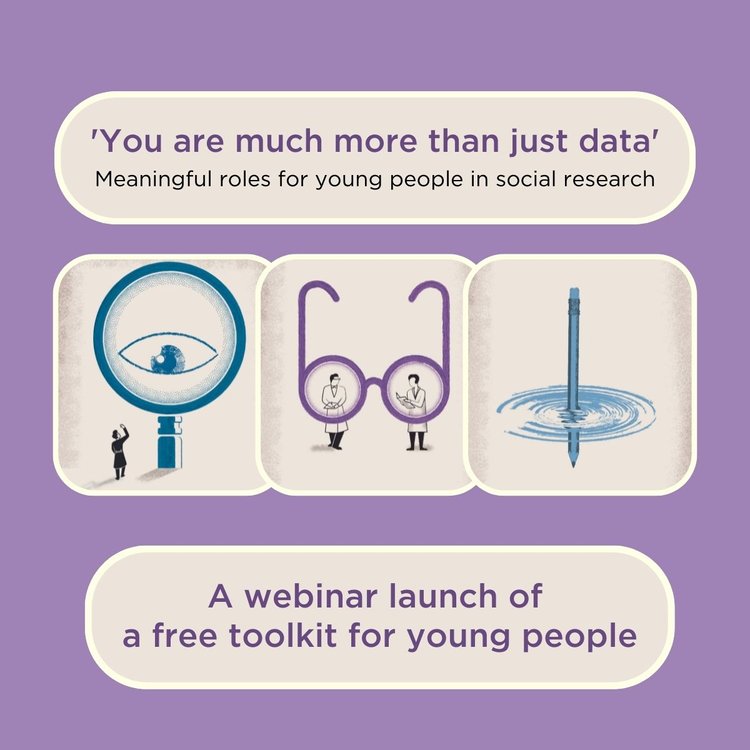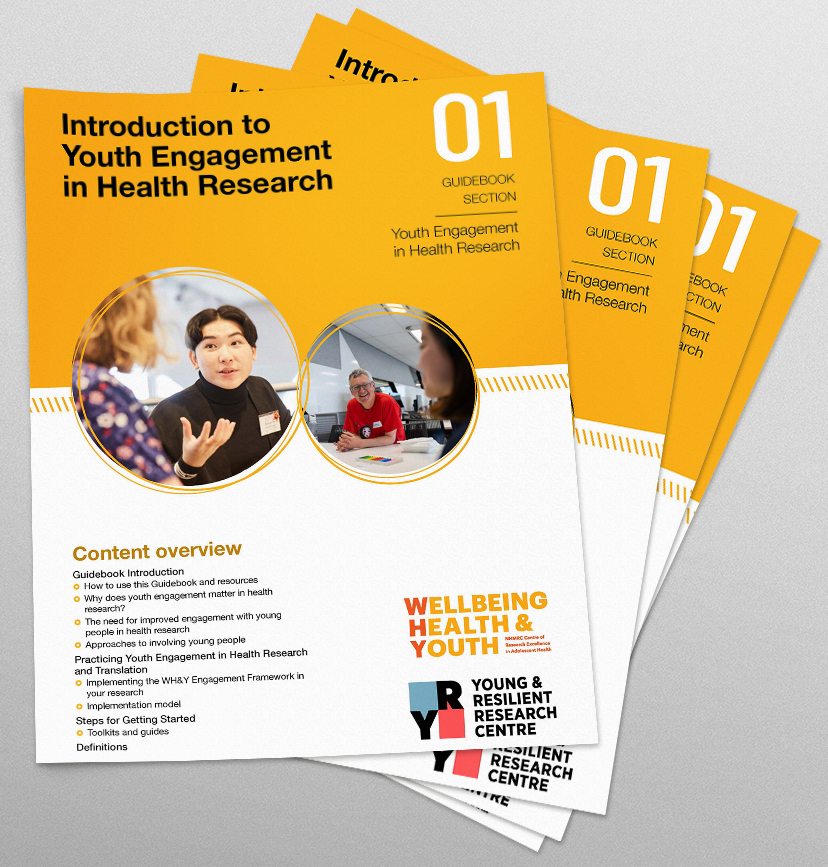Co-Research Toolbox
This toolkit is designed to support and guide researchers who wish to meaningfully engage young people as co-researchers to explore and solve real world problems, together. This toolkit offers guidance, advice, tips and practical tools to support collaborative co-research partnerships between researchers and young people.

RErights.org is a youth-centred online consultation platform which invites young people to share their experiences, perceptions and insights on a topic by completing a series of activities. This tool can be used by youth-serving organisations to creatively engage young people around issues relevant to them. The platform supports more than 20 different languages.

The resources within this toolkit provide information, advice and tools for young people to build their confidence and skills as co-researchers to contribute to real-world impact.

MAPIMO is a digital tool that explores, captures and visualises the intangible aspect of a place. This tool crowd-sources community insights to map the emotional geography of specific sites, towns, cities and/or regions across time, and can be easily adapted and repurposed for a diverse range of contexts.

The Engaged Policy toolkit aims to boost engagement with young people in policy processes. It includes a process design and profile tool for creating youth-centred indicators. These can be adapted for different contexts to assist young people, researchers, policy makers and other experts to explore, assess and co-design strategies to address critical issues that prevent youth participation in policy and intervention design. The toolkit supports communities, organisations and governments to collaboratively assess and design responses to policy and practice challenges, which can be adapted for specific policy challenges and particular jurisdictions. Read the report and get in touch to see how you can use the toolkit!
Evaluate It! is an online tool which forms a holistic evaluation framework, helping organisations to take an evidence-based approach to understanding the impact of online safety programmes. If you’re ready to better understand how effective your online safety programme is, you can access the evaluation tool here.
This tool enables us to capture users’ ‘digital capacities’ – their abilities to mobilise material and symbolic resources in order to maximise benefits, opportunities and aspirations afforded by the digital. The profile enables points of comparability between different communities across local, national and regional scales and is underpinned by a user-centred, participatory process of generating bespoke indicators that can best capture a particular community’s digital needs.
This is a suite of resources to guide and support researchers in engaging and collaborating with young people. Regardless of what phase of research you are in, these resources provide simple and practical steps which can help you engage with young people in ways that are respectful, meaningful and inclusive.

